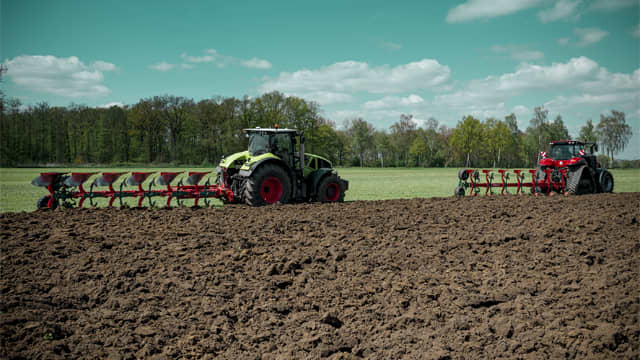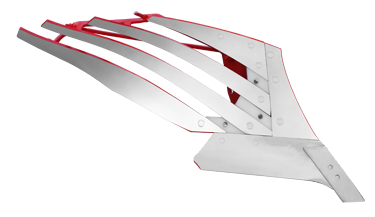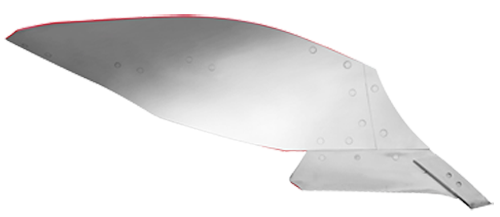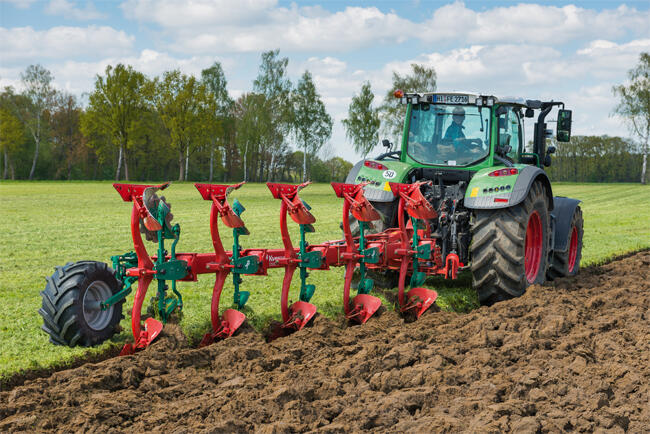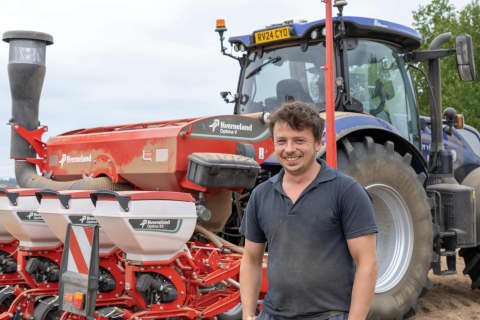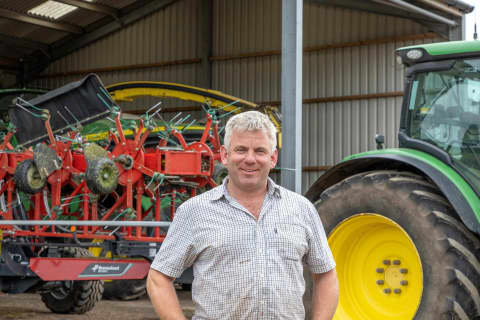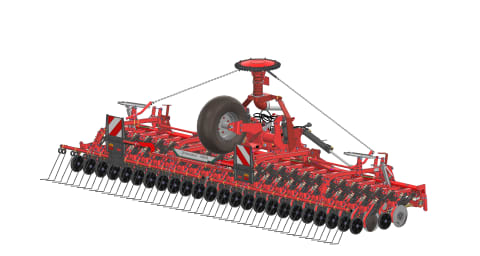Ploughing revisited
Ploughing is not just one of many ways of tillage that you as an arable farmer may opt for at random.
More than that it can be a first step towards higher yields and revenues.
Ploughing is a tillage system with many advantages attached to it and one that can make the difference with regard to the efficiency of crop establishment systems. Let’s have a closer look at some of the features of ploughing.
Studies demonstrate that for instance:
- Ploughing helps reduce fungi diseases
- Ploughing safeguards yield
- Ploughing is environmentally friendly
- Ploughing is performant
Lower potential for fungi diseases
Ploughing helps reduce fungi diseases, as was shown clearly in a study by Kiel University in 2012. Crop rotation combined with ploughing give the best results.
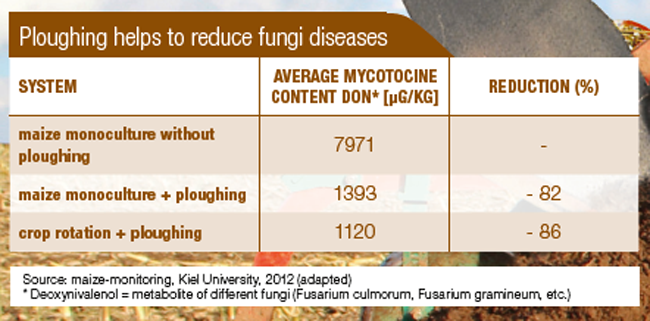
Ploughing safeguards yields
Ploughing not only safeguards yields, what is more, it is environmental friendly and has a positive effect on soil health.
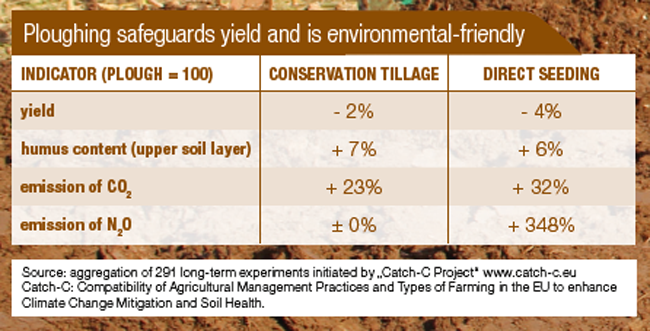
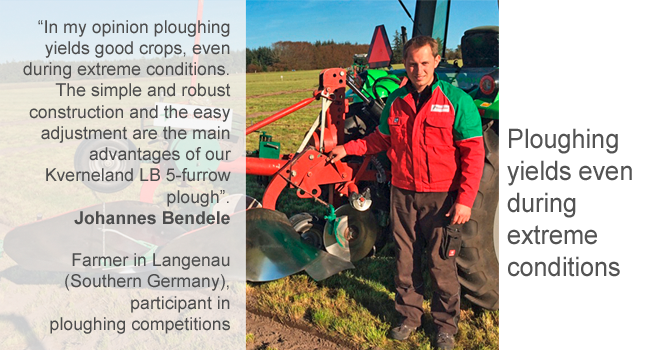
Performance
Ploughing completely buries plant residues and other organic matter. In the figures below we see how we can monitor the effects ploughing has on the amount of straw and other residues on different bodies.
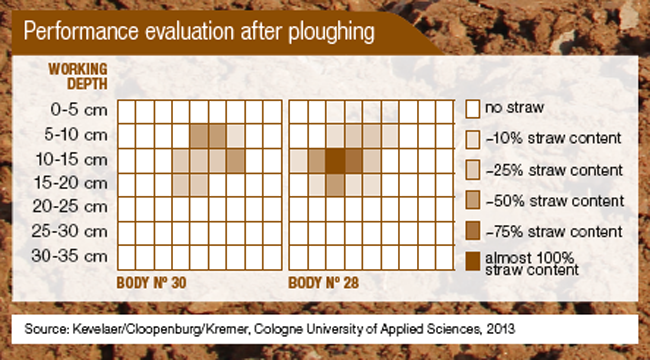
Body No 30 |
Body No 28 |
We can conclude that once ploughing enables residues to be efficiently buried, fungi potential diseases reduced, soil health preserved and high yields secured, ploughing is a profitable tillage method for the short and long terms.
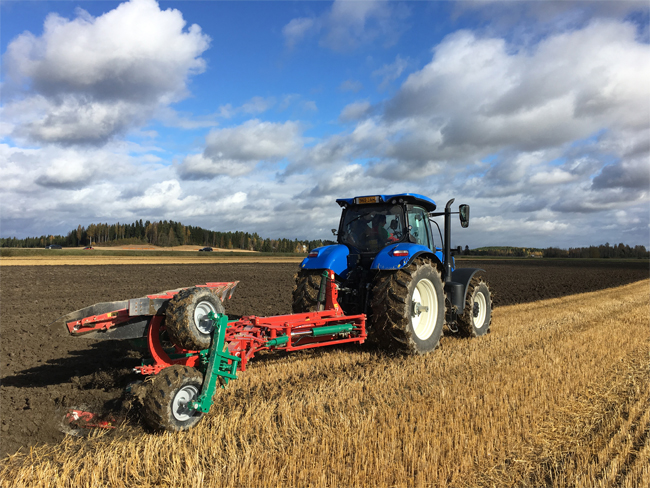
Kverneland Profitable Ploughing will be further demonstrated in Part 3.
3. April 2017

